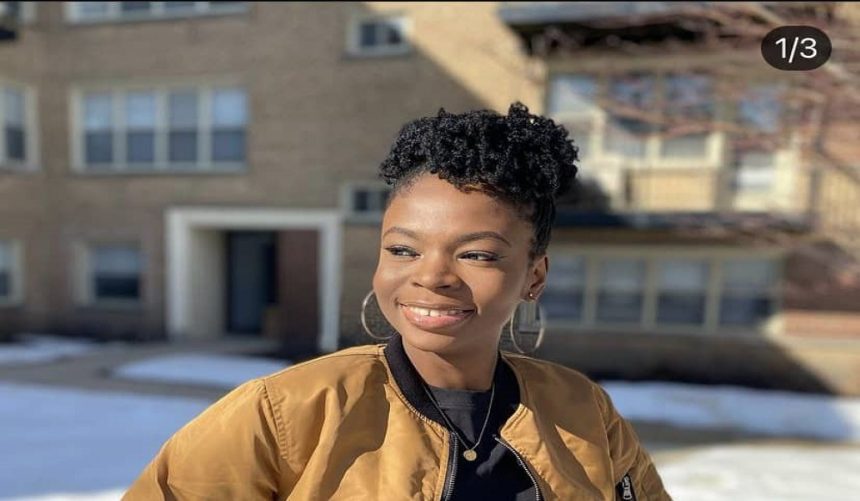Biomedical innovator, Okiemute Obodo, has unveiled an artificial intelligence-powered solution designed to bring real-time diagnostic tools to rural communities in Nigeria and indeed Africa, all without the need for laboratories, internet connectivity or expensive infrastructure.
Speaking with journalists in Lagos, Obodo explained how her equity-focused initiative is harnessing the power of AI and mobile technology to detect diseases such as malaria, pneumonia and anemia, using nothing more than a smartphone.
“We are creating tools that people can use literally and figuratively where they are. Not everyone has access to a laboratory, a computer or even stable electricity, but they do have mobile phones,” she said.
According to Obodo, her innovation, developed in collaboration with local health workers, employs AI-powered imaging and voice-guided decision-making to assist community health volunteers, many with limited formal education, in diagnosing critical conditions quickly and accurately.
The system, she said, supports multiple local languages and intentionally avoids technical jargon, making it user-friendly and culturally relevant.
She added, “Early results from pilot programmes have been promising. The AI platform has reduced diagnostic delays by over 60 percent and significantly improved early disease detection.
“In one instance, it identified a cluster of tuberculosis cases two weeks ahead of conventional methods, enabling faster containment and treatment.
“Our work is rooted in equity and dignity. Impact isn’t just about numbers, it’s about ensuring people are not excluded from care because of where they live or what resources they lack.”
Obodo said her tools are open-source, offline-capable and freely accessible, removing many of the cost and connectivity barriers that often prevent rural populations from accessing life-saving medical technology.
“At a time when global health systems are struggling with growing inequalities, we are showing that AI can be people-centered, not just powerful, but fair. This isn’t just about treating disease; it’s about addressing the injustice of being unseen and unheard,” she said.
She noted that her “work represents a bold new frontier for healthcare in Africa, one that merges cutting-edge technology with deep-rooted community empathy.”
ALSO READ TOP STORIES FROM NIGERIAN TRIBUNE
WATCH TOP VIDEOS FROM NIGERIAN TRIBUNE TV
- Relationship Hangout: Public vs Private Proposals – Which Truly Wins in Love?
- “No” Is a Complete Sentence: Why You Should Stop Feeling Guilty
- Relationship Hangout: Friendship Talk 2025 – How to Be a Good Friend & Big Questions on Friendship
- Police Overpower Armed Robbers in Ibadan After Fierce Struggle






